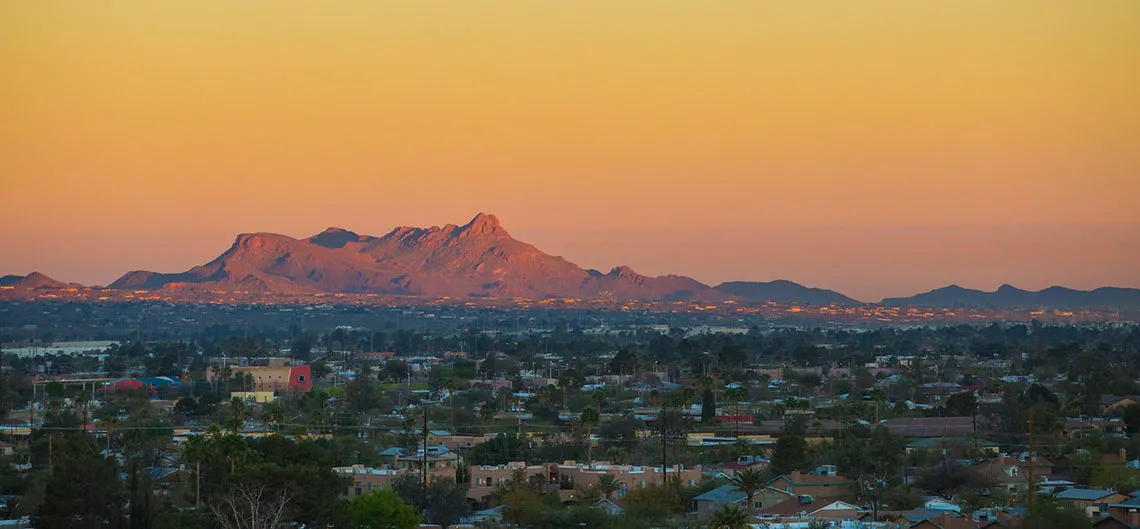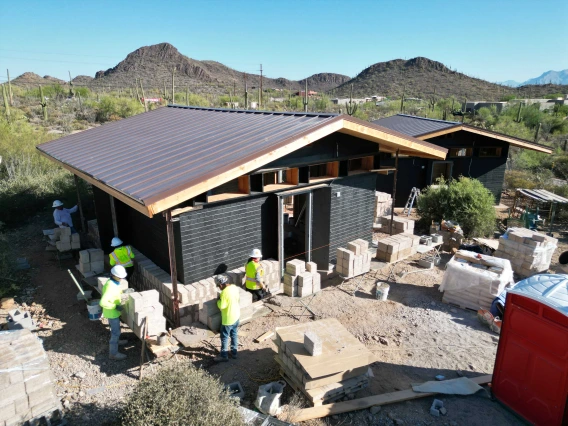Public Health Researchers Join Statewide Initiative to Prepare for Climate Impacts

Researchers at the University of Arizona's Mel and Enid Zuckerman College of Public Health and College of Architecture, Planning and Landscape Architecture are partnering with organizations across the state to implement interventions aimed at protecting Arizonans from heat hazards thanks to $2 million in funding from the Centers for Disease Control and Prevention.
The five-year grant through the Arizona Department of Health Services is part of the CDC’s Building Resilience Against Climate Effects (BRACE) Framework, a five-step process that allows health officials to develop strategies and programs to help communities prepare for the health effects of climate change. The ADHS was awarded the grant under the CDC’s Climate Ready States and Cities Initiative.
“Climate change has already had a serious impact in the Southwest,” says Heidi Brown, an associate professor in the Zuckerman College of Public Health and UArizona lead on the project. “In Arizona, we are fortunate to have the BRACE program to prepare for those hazards, especially the intense and potentially deadly heat we experience.”
The ADHS's Extreme Weather and Public Health Program is directing the statewide initiative that includes researchers from the Zuckerman College of Public Health and CAPLA, as well as Arizona State University. Other partners include the Pima County Health Department and Maricopa County Department of Public Health.
The UArizona team will map changes in climate-sensitive health hazard vulnerabilities across the state. They will provide public health guidance and expertise in Maricopa and Pima Counties, the state’s two largest counties by population, and will work collaboratively with ASU researchers to support additional county projects.
“We have a great partnership with the ADHS, and we’re excited to partner with the Pima and Maricopa County health departments on this initiative,” Dr. Brown says.
This is the fourth cycle of BRACE funding the CDC has awarded since 2010. Dr. Brown has supported BRACE initiatives since 2013, while Erika Austhof, a senior epidemiologist in the Zuckerman College of Public Health, joined the program in 2016. Ladd Keith, assistant professor of planning and sustainable built environments at CAPLA, joins the team for this cycle.



